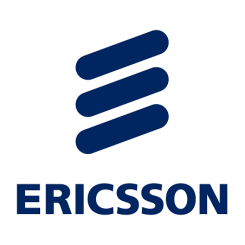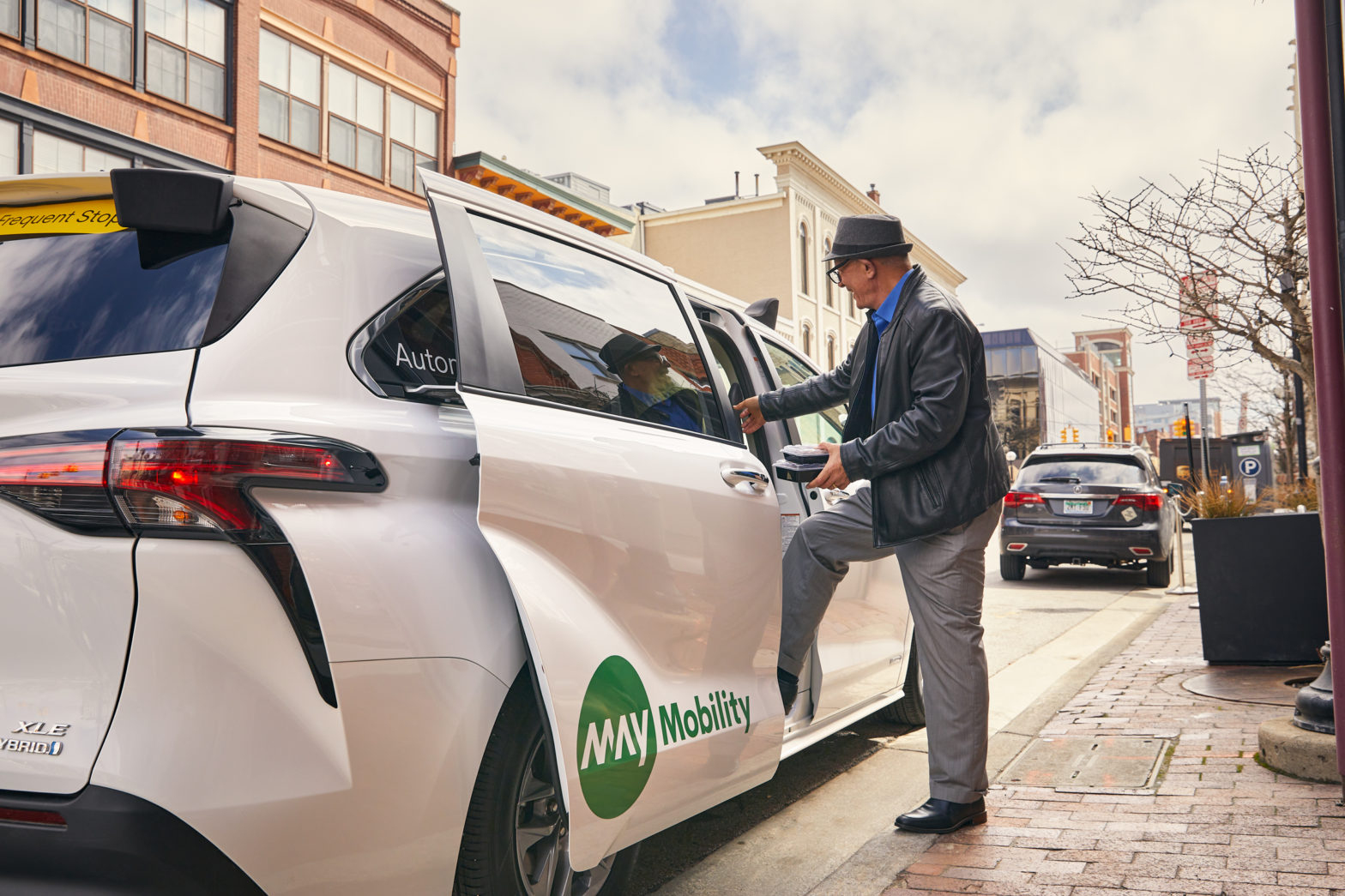
Photo: Screen-Shot-2016-04-28-at-16.19.23
Ericsson launches IoT Accelerator
29 April 2016
Technology company, Ericsson, has launched an IoT Accelerator that will focus on the areas of smart cities, public safety, data management and utilities.
Announced during Hannover Messe, the new accelerator aims to foster local development communities to build and collaborate on relevant applications and services. It will include an IoT Platform, a Marketplace and Local Professional Services.

“There has been a high interest from cities,” Stephanie Huf, Head of Marketing and Communications, Industry and Society, Ericsson, told Cities Today. “They appreciate that such an environment can support local innovation, speed up time to market for new services, allow lower start up costs, and importantly facilitate collaborate service development between various operational departments.”
Huf said that the IoT Accelerator will help cities overcome challenges such as time and cost to deploy and manage services, risk of duplicate and incompatible initiatives from different city operations, and challenges to develop and deploy business models.
The company has already been working with cities and their departments for several months in several pilot projects to ensure all requirements from a technical, business model and operational perspective were met.
One of the pilots took place in Kigali, Rwanda. The IoT Accelerator was used to equip buses with mobile payment capabilities, which reduces cash handling and ensures fares are collected and revenues can be more quickly distributed back to the bus operators. According to Ericsson, approximately 30 percent of fare revenues were ‘leaking’ due to issues such as inconsistent fare collection and theft.
“Improving fare collection enables the bus companies to invest in improved service levels,” Huf added. “By implementing mobile payment systems, the same connectivity then enables fleet management to be implemented, and allows the bus companies to publish real time bus arrival information to commuters which can in turn increase service usage.”
Huf said that future development of the IoT Accelerator would include access for larger software developer communities to build, mash-up and sell their applications. Business Lab–that help solutions be brought to market–presently exist in Rome and Aachen Germany and will be extended to more locations. Customers and developer partners in the Marketplace will also gain increased functionality for collaboration and application sourcing.
The IoT Accelerator will be available at the end of Q3 to customers globally.















